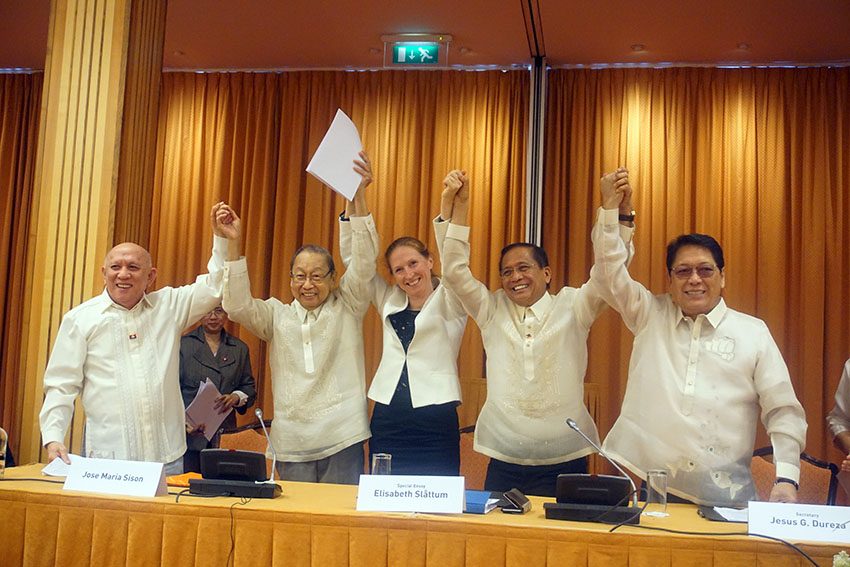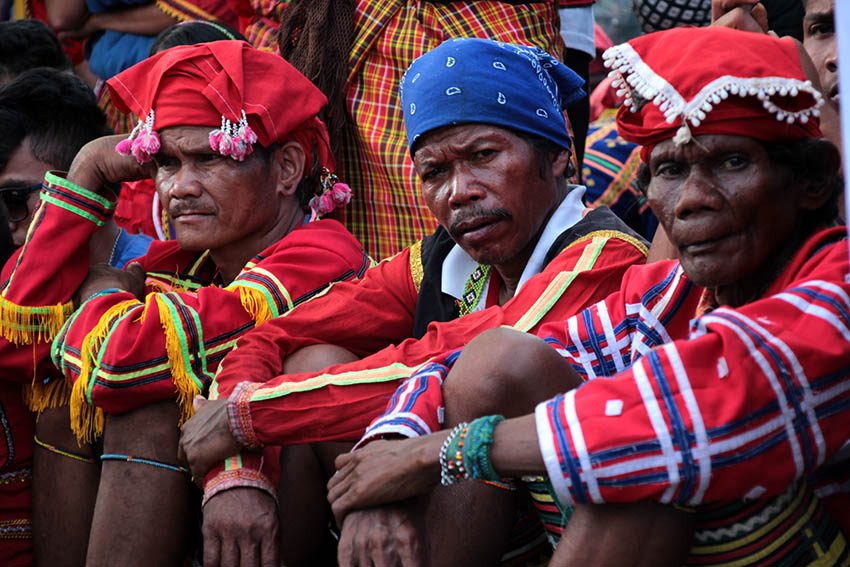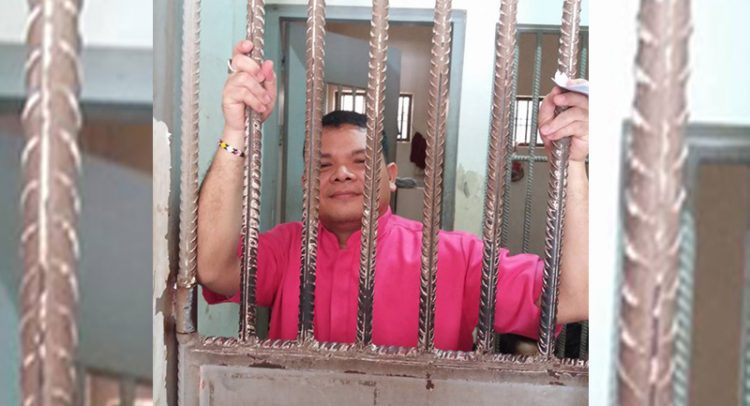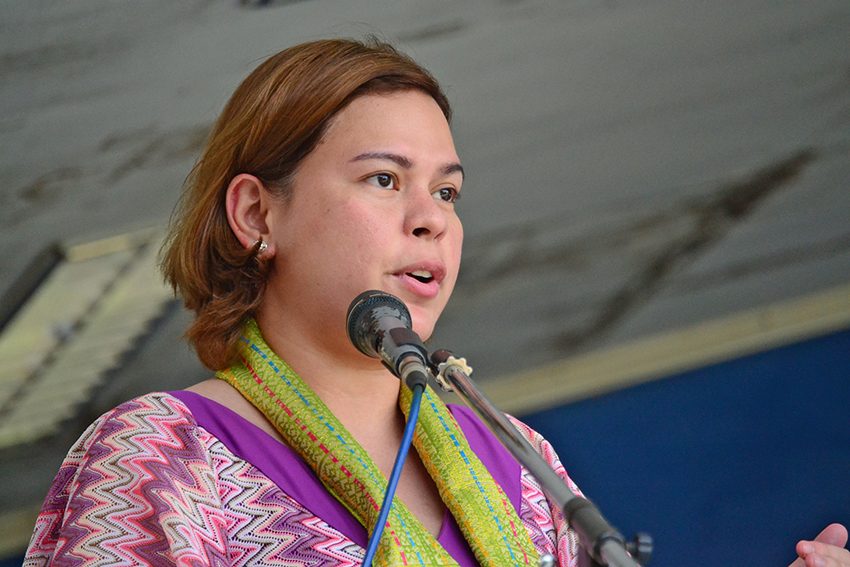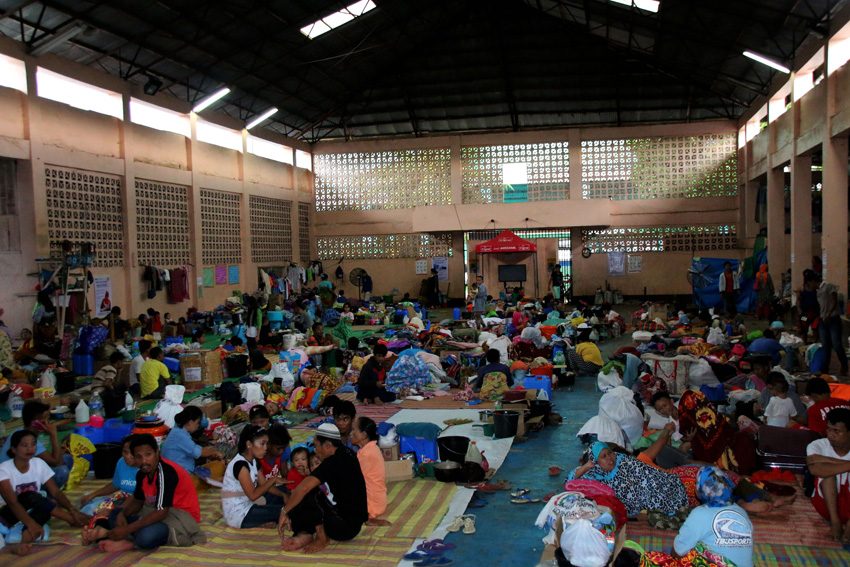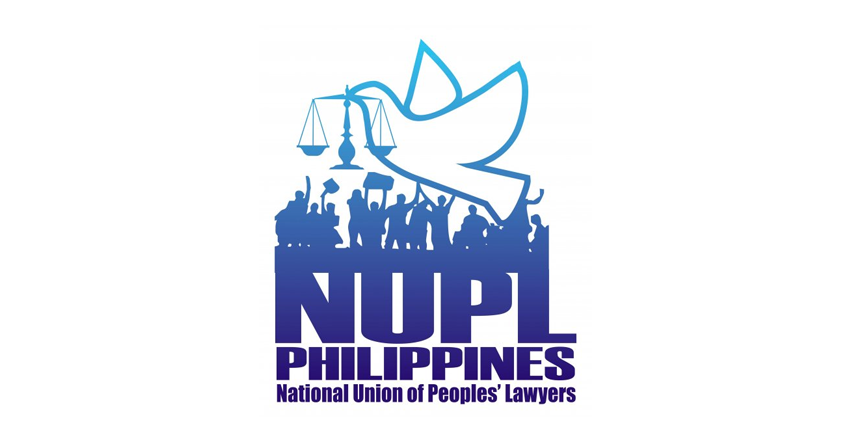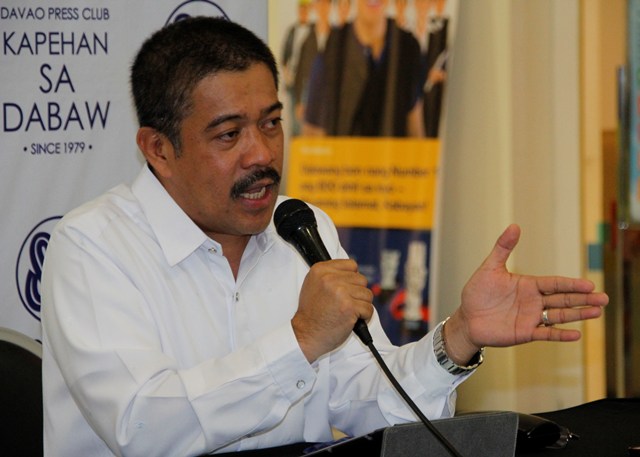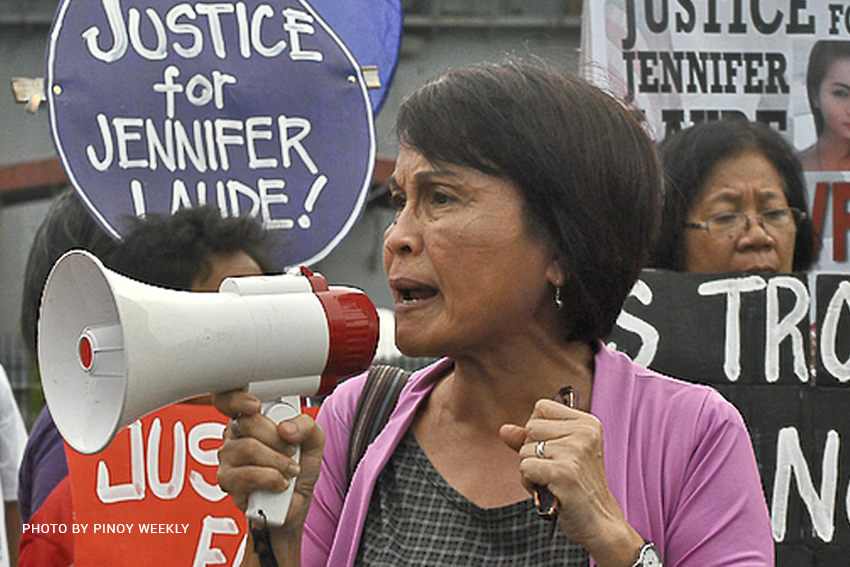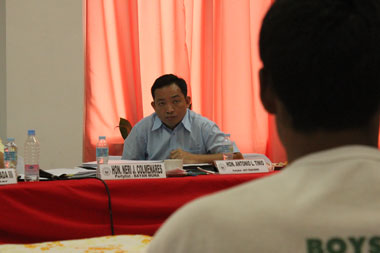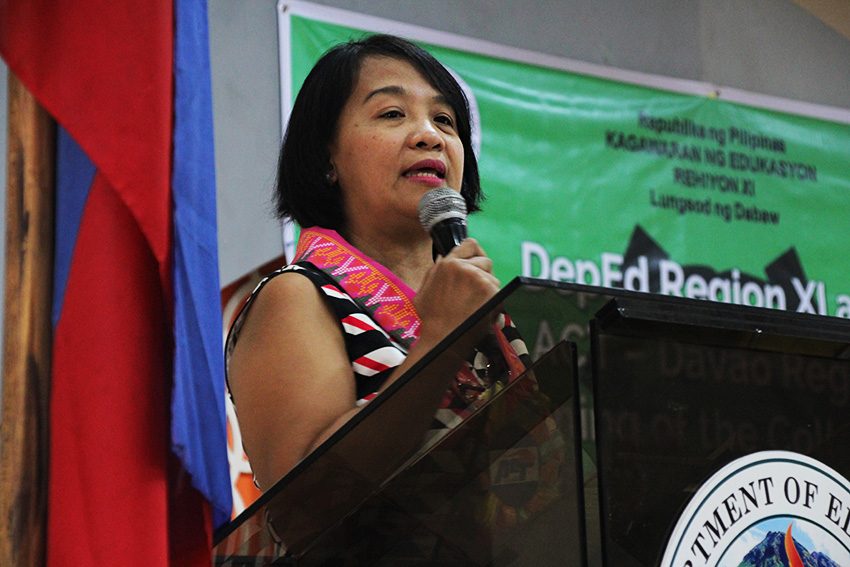The National Council of Churches in the Philippines (NCCP) and National Council of the Churches of Christ in the USA (NCCC-USA), bound by our faith in Jesus Christ and our common witness for the fullness of life, reaffirm a shared commitment to support the formal peace talks between the Government of the Republic of the Philippines (GRP) and the National Democratic Front of the Philippines (NDFP).
The Philippine Task Force for Indigenous Peoples Rights and its partner indigenous communities commemorate the International Day of the World’s Indigenous Peoples. On this occasion, we offer our observations on how the government has addressed the rights of indigenous peoples. Despite the enactment and implementation of the Indigenous Peoples’ Rights Act (IPRA) 20 years ago and the adoption of the United Nations Declaration on the Rights of Indigenous Peoples (UNDRIP) 10 years ago, we find no significant changes to the situation and enjoyment of rights of indigenous peoples in the Philippines.
We look for the president’s promise of change: the socio-economic reforms and political reforms that require the president’s political will to control the resistance of the oligarch and political dynasties to fundamental change. However, the president has out of control on his cabinet, they control him and his peace policies and effort. These are the Christian challenges – a peacemakers challenge, my challenge, our challenge. A challenge that requires faithfulness and perseverance whatever it costs- comfort or even life.
I do not wish to belabor with you on the merits and bases of the joint venture agreement. We can save that argument for the right time and the proper venue.
Habang patuloy ang gyera sa Marawi, patuloy rin ang kahirapan ng libo-libong pamilya, lalo na ang mga nag desisyong makitira sa bahay ng mga kamag-anak. Sa harap ng pinagsasabi ng mga ahensya, marami pa rin sa mga home-based evacuees ang walang sapat na suplay ng pagkain, kaya, marami sa kanilang mga bata ay nagkakasakit.
It is thus with profound discontent and indignation that we, the National Union of Peoples’ Lawyers, join the Filipino people in denouncing the Duterte regime for its failed promises, bourgeoning tyranny, and oppressive disdain for the people’s lives and human rights.
Huwag tayong maging bulag at bingi sa panawagan ng ating mga kababayang patuloy na nagdurusa sa evacuation centers, nahihintatakutan sa kanilang mga barangay at komunidad, dahil sa karahasang militar at walang habas na pambobomba bunga ng Martial Law.
Sa pag-apruba ng extension ng batas militar sa Mindanao, pinili ng Kongreso na maging bulag sa mahalagang aral ng kasaysayan na ito. Ang masahol pa, lumabas sa interpelasyon na wala naman talagang aktwal na rebelyon sa iba pang bahagi ng Mindanao. Malaki ang pagkakaiba ng threat of rebellion sa actual rebellion.
Wala pong batayan na ipinaliwanag ang mga resource persons ng Malacañan para sa extension ng martial law. Binanggit po kanina ng sponsor at ng kagalang-galang na Majority Leader na may Supreme Court decision na nag-uphold sa pagdedeklara ng martial law. Pero nais ko lamang po ilinaw na ang desisyon na iyon ay nag-aapply sa orihinal na deklarasyon ng martial law at iba na po ang sitwasyon ngayong pinag-uusapan na natin ang extension.
Sa kasong ito, ang piniling lunas ay naging mas masahol pa sakit na sinasabing kailangang lutasin. Hindi nasulusyunan ng martial law ang problemang dulot ng extremist groups sa Marawi, bagkus ay nagdulot lamang ito ng mas marami pang suliranin dala ng paghihigpit sa paggalaw ng mga mamamayan, maging sa pagbibigay ng batayang serbisyo. Ika nga, hinuhuli mo lang ang daga, sinunog mo na ang buong bahay.

